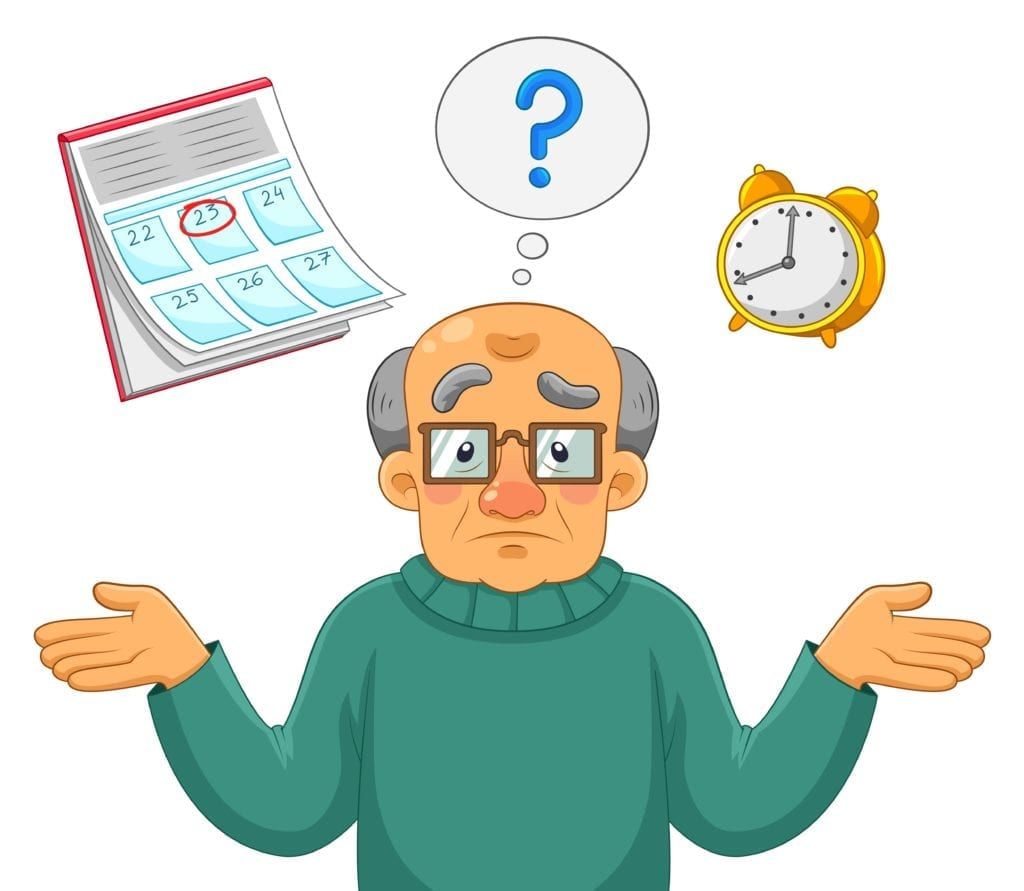Have you noticed changes in the way you move, talk, or think? If so, you may be wondering if those changes call for an appointment with a neurologist. A neurologist is a medical specialist that diagnoses and treats conditions that affect the brain, spinal cord, and nerves. Depending on your symptoms and diagnosis, your neurologist may assist your primary care doctor or possibly become your primary care doctor. As with most medical conditions, the sooner a diagnosis is received and treatment is started, the better the outcome. For this reason, you should see a neurologist if you are experiencing any of the following neurological symptoms:
Frequent and/or severe headaches or migraines
This is one of the most common reasons people choose to see a neurologist. Migraines are severe headaches that are accompanied by other symptoms such as nausea and sensitivity to light, sounds, and scents. Although migraines cannot be cured, neurologists can help determine what’s triggering the migraines in order to reduce their severity and how often they occur. Additionally, they can prescribe medications to prevent or stop migraines.
Problems with memory

We all forget things every now and then. However, if you are forgetting things so frequently that it interferes with your daily life, then this could be an indication that it is time to see a neurologist. Forgetfulness can be a sign of changes in the brain that can lead to dementia, however it can also signal other conditions. A neurologist will be able to determine what is causing the forgetfulness. In cases where dementia is the cause, a neurologist can prescribe the necessary medications to slow the process and ease symptoms.
Seizures
A seizure occurs when there is a disruption in the brain. They can occur in different forms such as uncontrollable movements, loss of consciousness, or strange sensations. In some cases, seizures occur as the result of a specific cause and will stop once this cause is addressed. In other cases, seizures may be the result of long term medical conditions. These cases generally require medications and/or procedures to prevent or reduce seizures. A neurologist can perform the necessary diagnostic tests to determine the cause of your seizures, as well as the best treatment plan.
Brain or spinal cord injury
Both types of injuries can occur as a result of car or sports accidents and can cause a range of neurological symptoms. Brain injuries often cause symptoms such as headaches, dizziness, loss of consciousness, memory loss, seizures, and changes in thought process and behavior. Injuries to the spinal cord can cause weakness, numbness, or even paralysis. However, the symptoms associated with both injuries can vary based upon the location and severity of the injury. Nevertheless, a neurologist can examine the injury to determine the best course of treatment.
Problems with movement
Trembling, stiff or slow movements, clumsiness, or inability to move certain parts of your body are all symptoms that can warrant the need to see a neurologist. Problems with movement can be caused by Parkinson’s disease or other movement disorders. Depending on your diagnosis, there are different treatments your neurologist may recommend to reduce or eliminate symptoms.
Numbness
Numbness in parts of the body is a key symptom for various neurological conditions such as multiple sclerosis, spinal cord damage, or stroke to name a few. Since there are various causes of numbness, it is important to see a neurologist to determine the specific cause and receive the necessary treatment. In some cases, the numbness may be able to be resolved or it may be managed to prevent numbness from spreading.
Clumsiness or confusion

Physical clumsiness or mental confusion are both signs that the brain is having trouble communicating messages to the body. Just like with numbness, there can be various reasons for this, such as Parkinson’s or stroke. Therefore, if you have suddenly become more clumsy than normal or find yourself easily confused, it may be time to see a neurologist.
Overall, these various neurological symptoms suggest that a trip to your local neurologist’s office is needed. It is important to see a neurologist about these symptoms as soon as possible in order to receive a timely diagnosis and the necessary treatment. While certain neurological conditions do not have a cure, they can be managed with medications and procedures provided by your neurologist. If you are experiencing neurological symptoms, don’t wait. Call your local neurologist today and make an appointment.

Dr. Kashouty, a diplomate of the American Board of Psychiatry and Neurology (ABPN), practices general neurology with fellowship trained specialization in clinical neurophysiology. Dr. Kashouty finds the form and function of the nerves and muscles the most interesting part of neurology, which is what led him to specialize in neurophysiology with more emphasis on neuromuscular conditions. He treats all neurological diseases, but his main focus is to treat and manage headaches, movement disorders and neuromuscular diseases.




